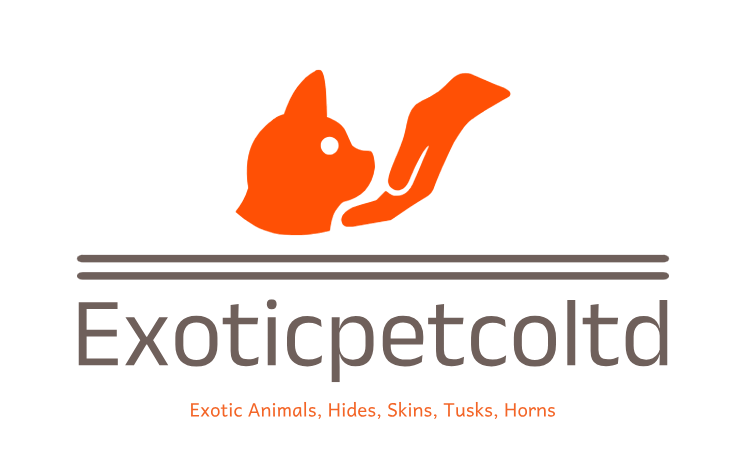Find authentic alligator skin for sale in Albania. Explore a wide selection of high-quality alligator hides for your next luxury project.
Alligator Skin Trade: An Unlikely Link Between Albania and Luxury?
While Albania might not be the first country that springs to mind when you think of the luxury goods market, a growing, albeit controversial, sector is raising eyebrows: the trade of alligator skin. Reports have surfaced indicating the availability of alligator skin for sale in Albania, sparking questions about its origins, regulations, and ethical implications.
The allure of alligator skin lies in its distinctive patterns, durability, and association with high-end fashion. Used to create luxury handbags, wallets, belts, and even shoes, it’s a material coveted by designers and consumers alike. But where is this alligator skin in Albania coming from?

Unlikely Origins: Understanding the Supply Chain
Albania is not a natural habitat for alligators. This suggests the alligator skin being sold is either imported or illegally obtained.
- Imported Leather: It’s possible that tanneries in Albania are legally importing raw alligator hides from countries where alligator farming is more established, such as the United States or certain parts of Asia. These skins would then be processed and sold within Albania or potentially re-exported.
- Potential for Illegal Trade: The global wildlife trade is riddled with illegal activities. There’s a possibility, however slim, that some alligator skin enters Albania through illegal channels, bypassing regulations and potentially contributing to unsustainable harvesting practices.
Regulations and Transparency: The Key Issues
The heart of the issue lies in the need for transparency and adherence to international regulations. The Convention on International Trade in Endangered Species of Wild Fauna and Flora (CITES) plays a crucial role in regulating the trade of alligator skin. CITES aims to ensure that international trade in specimens of wild animals and plants does not threaten their survival.
Albania, as a signatory to CITES, is obligated to implement regulations that align with the treaty. This includes:
- Proper Permitting: All legal trade in alligator skin must be accompanied by appropriate CITES permits, ensuring traceability and verification of legal origin.
- Sustainable Harvesting Practices: Countries exporting alligator skins must have sustainable management programs in place to prevent overexploitation of wild populations.
- Enforcement: Albanian authorities must enforce CITES regulations within the country, combating illegal trade and ensuring compliance.
Ethical Considerations: Beyond the Legal Framework
Beyond the legal aspects, ethical considerations surrounding the alligator skin trade are paramount. Concerns often revolve around:
- Animal Welfare: The conditions under which alligators are raised and harvested raise ethical questions. Consumers are increasingly demanding assurances of humane treatment throughout the process.
- Conservation: While legal and sustainable alligator farming can contribute to conservation efforts by decreasing pressure on wild populations, illegal trading undermines these efforts.
For Consumers: Demanding Transparency and Sustainability
Consumers have a vital role to play in promoting ethical practices within the alligator skin trade. By demanding transparency and prioritizing products from reputable sources that adhere to CITES regulations and prioritize animal welfare, consumers can influence the market and support sustainable practices.
Conclusion: Addressing the Alligator in the Room
The presence of alligator skin for sale in Albania highlights the complexities of the global luxury goods market. While legal and sustainable trade is possible, it requires robust regulations, transparent supply chains, and a commitment to ethical sourcing. As interest in this sector continues to grow, it is crucial for authorities, businesses, and consumers alike to address the “alligator in the room” and ensure that this trade benefits both the economy and the environment. The onus is on everyone to ensure that the pursuit of luxury does not come at the cost of threatened species and ethical responsibility.

